8 Ways to be a better, Eco-Conscious Diver
As scuba divers, we are stewards of the ocean. As such, we often understand better than anyone the fragility of our ocean ecosystems. Unlike many, we have the amazing opportunity to catch a glimpse of an incredible alien world under the waves. But along with all that beauty comes the harsh reality that our oceans are suffering – global warming, plastic pollution, acidification, and more. What can we do? When it comes to saving the oceans, every bit counts. Here are the top ways to lower your footprint as a sustainable scuba diver.
Give your business to eco-conscious diver operations
When choosing a dive shop for your next big scuba trip, do your research. Try to pick an operator that is part of the sustainable tourism industry. Eco-friendly dive shops will frequently be involved in marine conservation, beach cleanups, ocean cleanups, and other sustainability focused activities. These operators will emphasize the importance of taking care of our oceans, and you may even be able to get involved with some of their environmental programs.
Always use reef safe sunscreens
Most mainstream sunscreens contains harmful chemicals that can damage ocean ecosystems, even in incredibly small quantities. This includes chemicals like oxybenzone, octinoxate, octocrylene, parabens, and triclosan. Make sure that you always check the label on your sunscreen for these harmful additives. Even if your sunscreen is “waterproof”, these chemicals will still wash off your skin and enter the water.
Fortunately, there has been a rise in production of reef safe options in recent years. One of our favorite brands is Stream2Sea, which offers a wide range of ocean-friendly products, including sunscreen, shampoo, soap, and more. Another option is layering up with sun protective clothing, including rash guards, hats, and buffs. These will keep you safe from the sun’s rays without having to worry about putting sunscreen on at all.
[content-egg module=AmazonNoApi products=”us-B07D6VWCSC” template=item next=1]
Scuba dive in your local area
Reducing the number of flights you take each year can significantly reduce your carbon footprint. That doesn’t mean that you shouldn’t treat yourself to that amazing dive vacation in the Philippines or Mexico – so many of the best dive destinations in the world are far from home. However, if you can reduce the number of times you step foot on a plane, it makes a difference. When possible, try to explore local diving opportunities. You may be surprised to learn just how many there are within driving distance. Depending on where you live, you may discover thrilling cave systems, freshwater lakes, kelp forests, quarries, and more.
Pick up any trash you see on your dive
Seeing garbage on the ocean floor while diving can be a huge bummer. Not only is it aesthetically unpleasing, but it can do serious harm to local marine life. Animals can get caught in debris, or may even try to eat it. Over time, plastic pollution will break down, forming microplastics that can permeate the entire ecosystem. It’s always a good idea to carry a net trash bag with you on every dive. That way, you can quickly dispose of any trash that you may come across.
You may also want to consider carrying a dive knife with you, which can be helpful in removing tangled fishing line and other garbage from fragile marine life. Not only will you be making the dive site safer for the animals that live there, but will also be beautifying it for future divers like yourself.
[content-egg module=AmazonNoApi template=grid next=4]
Keep your buoyancy in check
One of the best things that you can do on a personal level for the health of the reefs is maintain good buoyancy control. By practicing proper buoyancy, you can help keep the aquatic environment healthy and intact. Improper control can lead to kicking corals, dragging equipment across the floor, and other damaging activities. Always make sure that you stay a respectful distance from the marine flora and fauna. This also keeps you safe – nobody likes fire coral stings! If you are having trouble with buoyancy control, you may consider enrolling in a buoyancy specialty class, or asking your local Divemaster or Instructor for advice.
Go low-waste
Today, there are an astounding 5 trillion pieces of plastic floating in our oceans. If we avoid using plastic to begin with, a lot less of it would end up in our seas. Next time you’re making decisions at the grocery store, try to go for the plastic-free option. Carry around reusable straws, cups, bottles, and silverware. Bring canvas bags with you when you go shopping. While aiming for zero-waste can be overwhelming, take baby steps. Every bit helps when it comes to plastic pollution. It’s not about perfection – it’s about making an impact!
[content-egg module=AmazonNoApi template=grid next=4]
Reduce the amount of fish that you consume
Changing your diet is a huge personal decision. For many, it may not be possible to cut seafood completely. However, if you can reduce the amount of fish that you consume, you can make a big impact on the health of the ocean. Today, global fish stocks are in serious decline due to unsustainable overfishing. On top of that, so many of the larger marine species that we enjoy as scuba divers – sharks, whales, rays, etc. – become victims of bycatch. By eating fewer fish, we are saying “no” to these unhealthy practices.
Don’t feed marine life
In many places around the world, some tourism operators may chum or bait the water to attract marine animals. While this may not seem like a big deal, it can seriously disrupt the balance of the local ecosystem. It changes the natural feeding patterns of the fish. For example, if a local population typically eats algae, but stops due to fish feeding practices, algae in that region may start to grow out of control. It can outcompete local corals, leading to mass die offs. Many foods are also harmful to the fish themselves, throwing off the natural balance of bacteria within their bodies. Next dive boat you’re on, make sure that you don’t throw food overboard.
The ocean’s health is suffering, but that doesn’t mean we need to give up. As scuba divers, we act as a vital bridge between the oceans and our communities on land. By sharing our scuba stories with friends and family, as well as following the tips above, we can work toward conserving our oceans for generations to come.
As you are already worried about being a better diver, check this guide on scuba diving Etiquette – Do not become “that” diver
Disclosure: This post may contain affiliate links, which means that DIVEMONDO may receive a small commission if you make a purchase using these links. As an Amazon Associate this website earn from qualifying purchases.


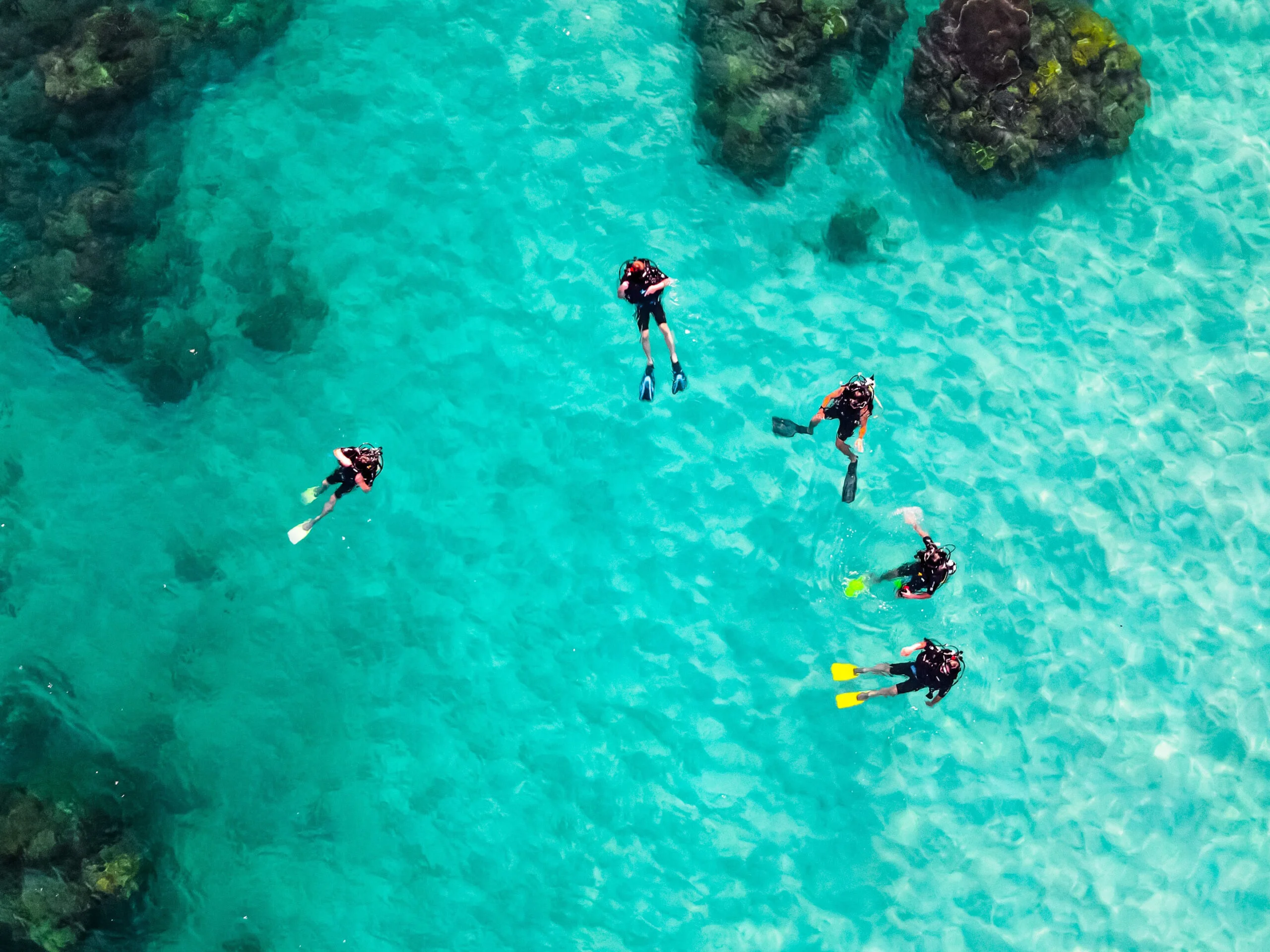

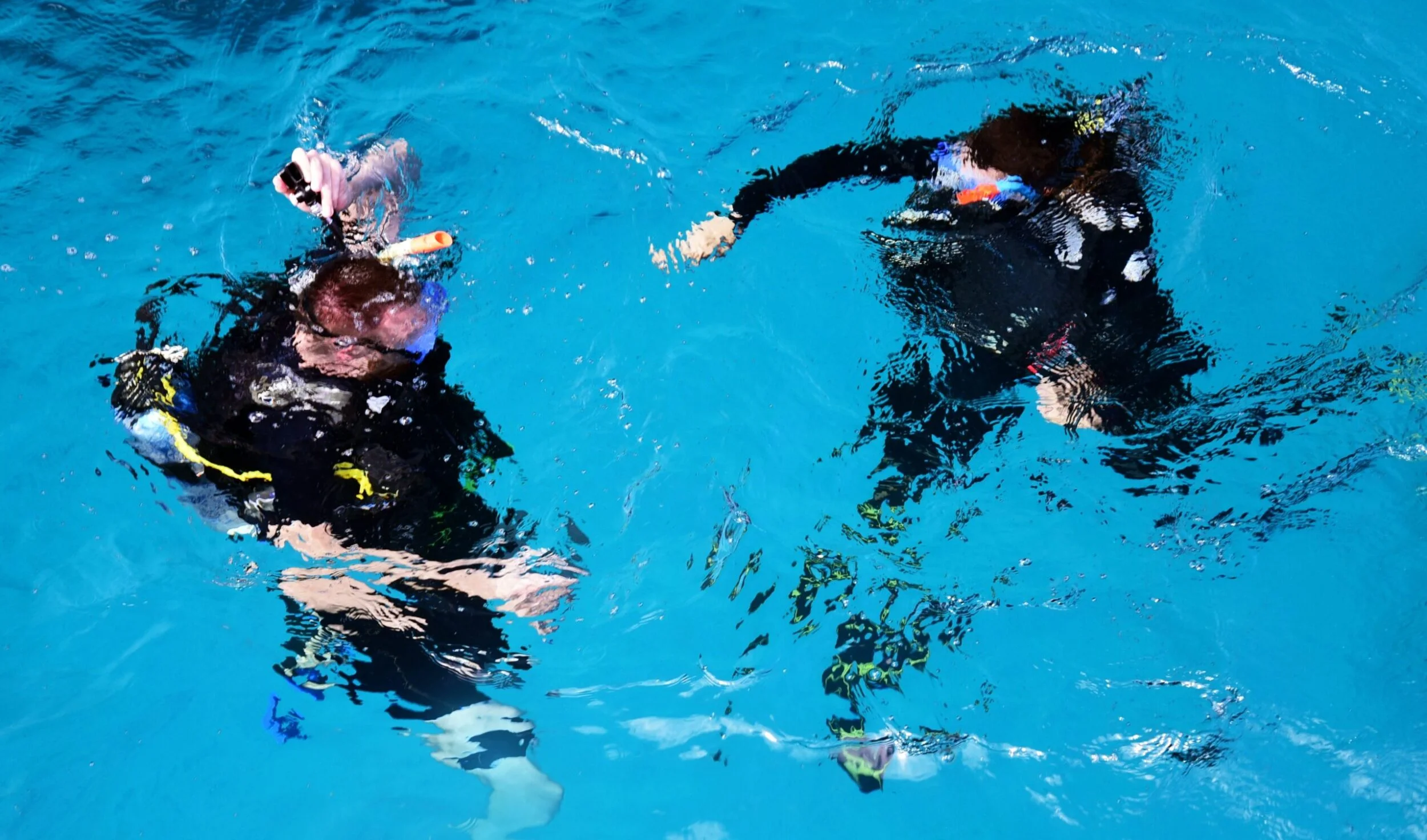

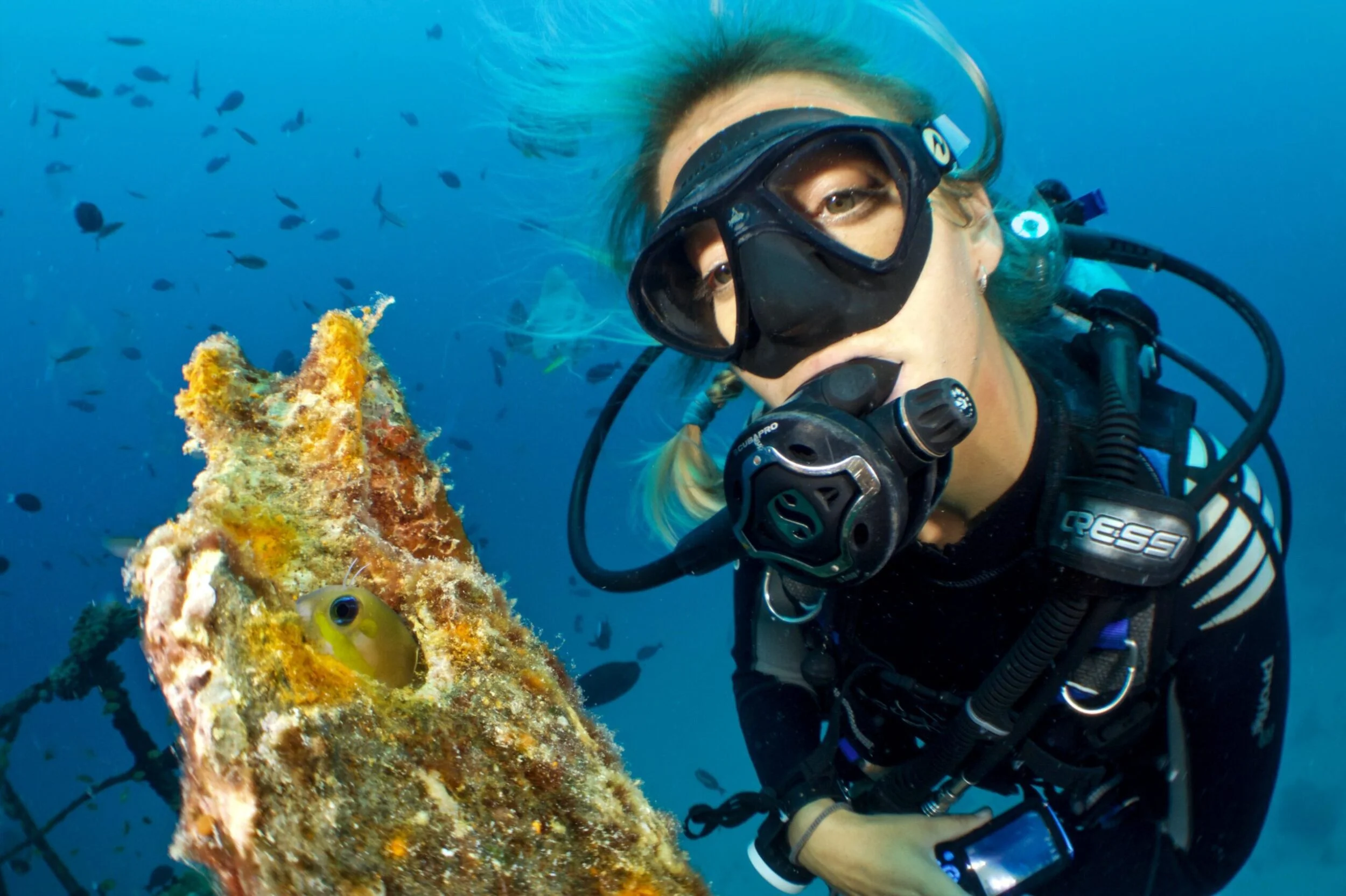
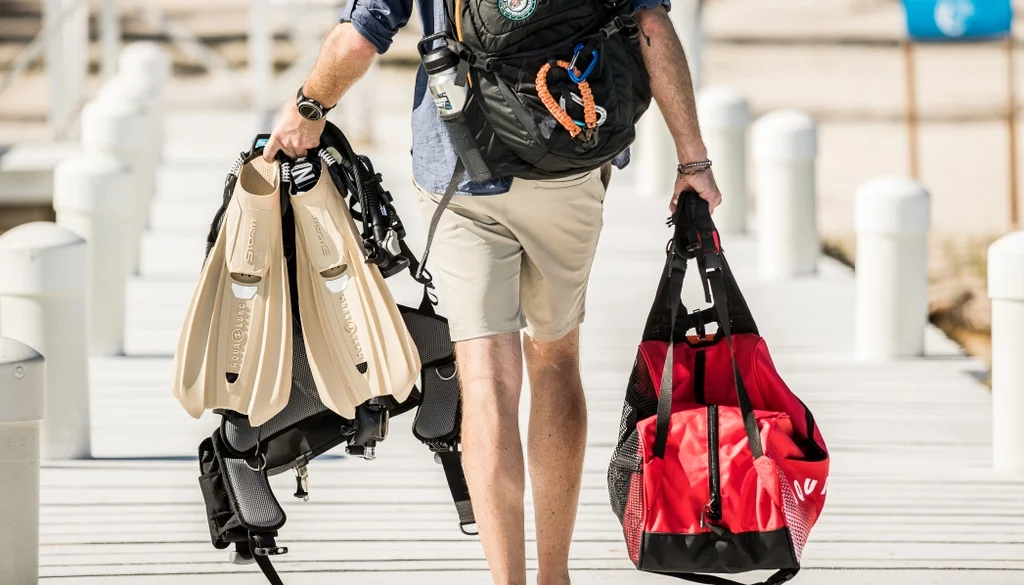
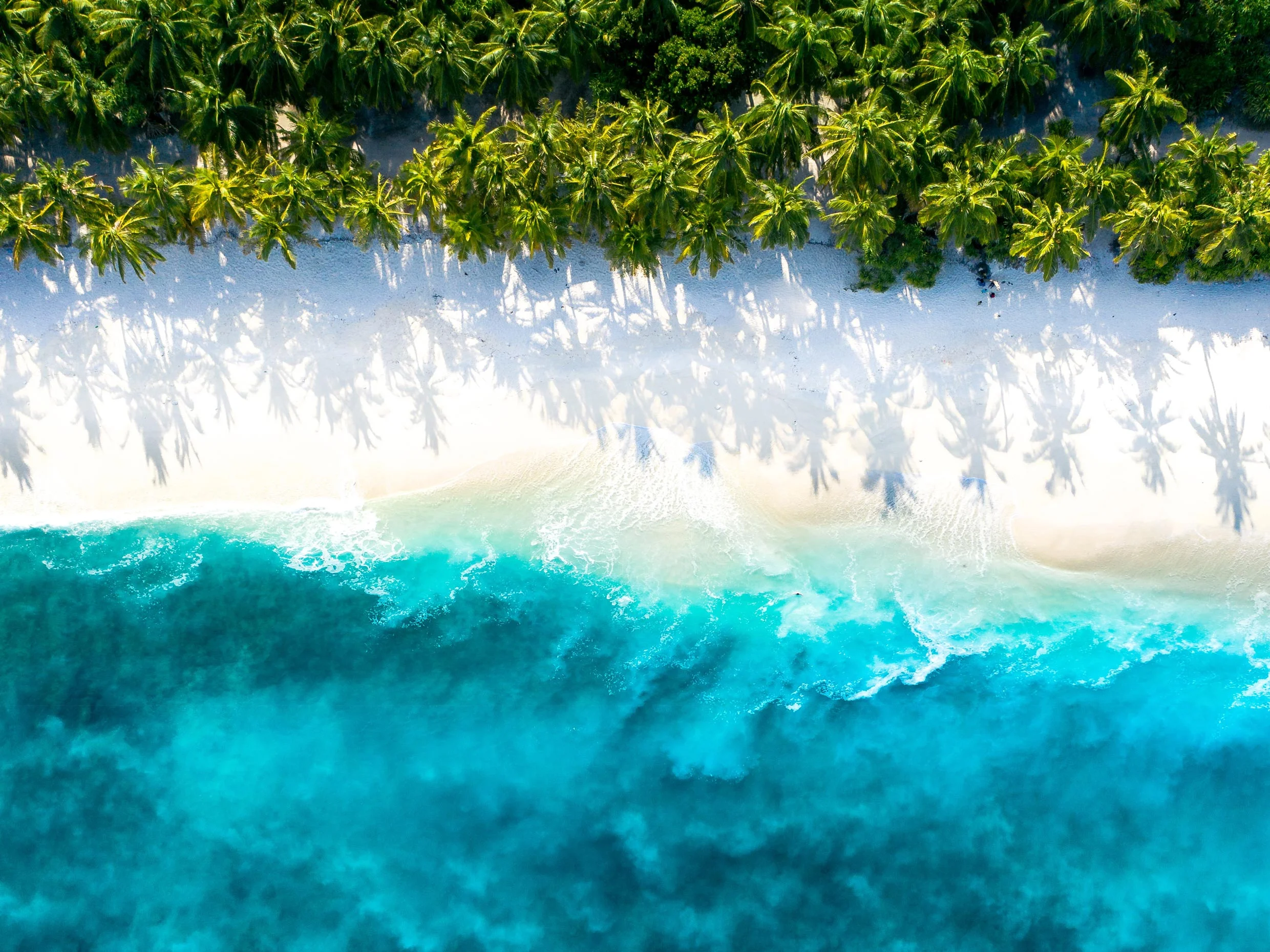
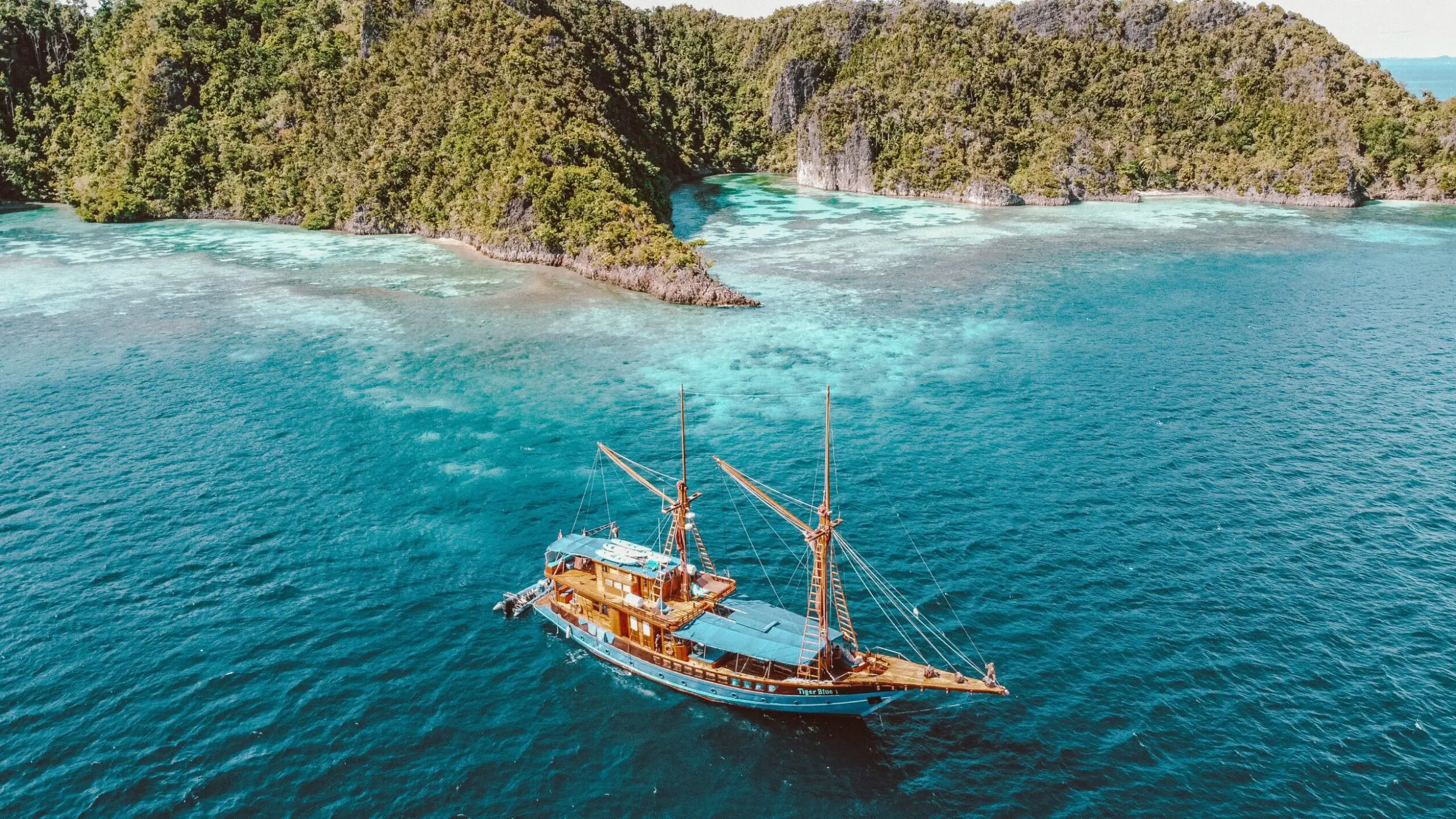
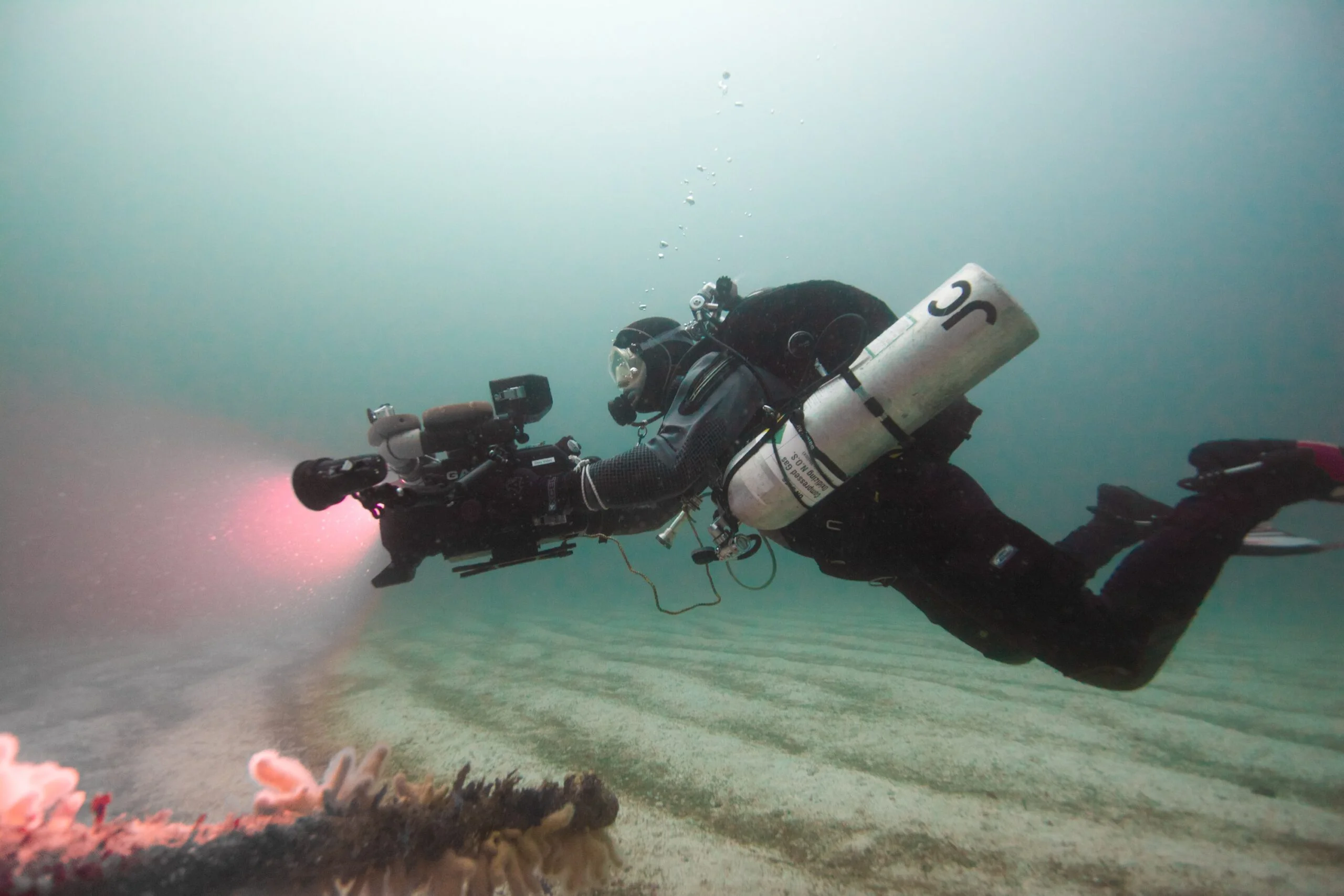


Leave a Reply